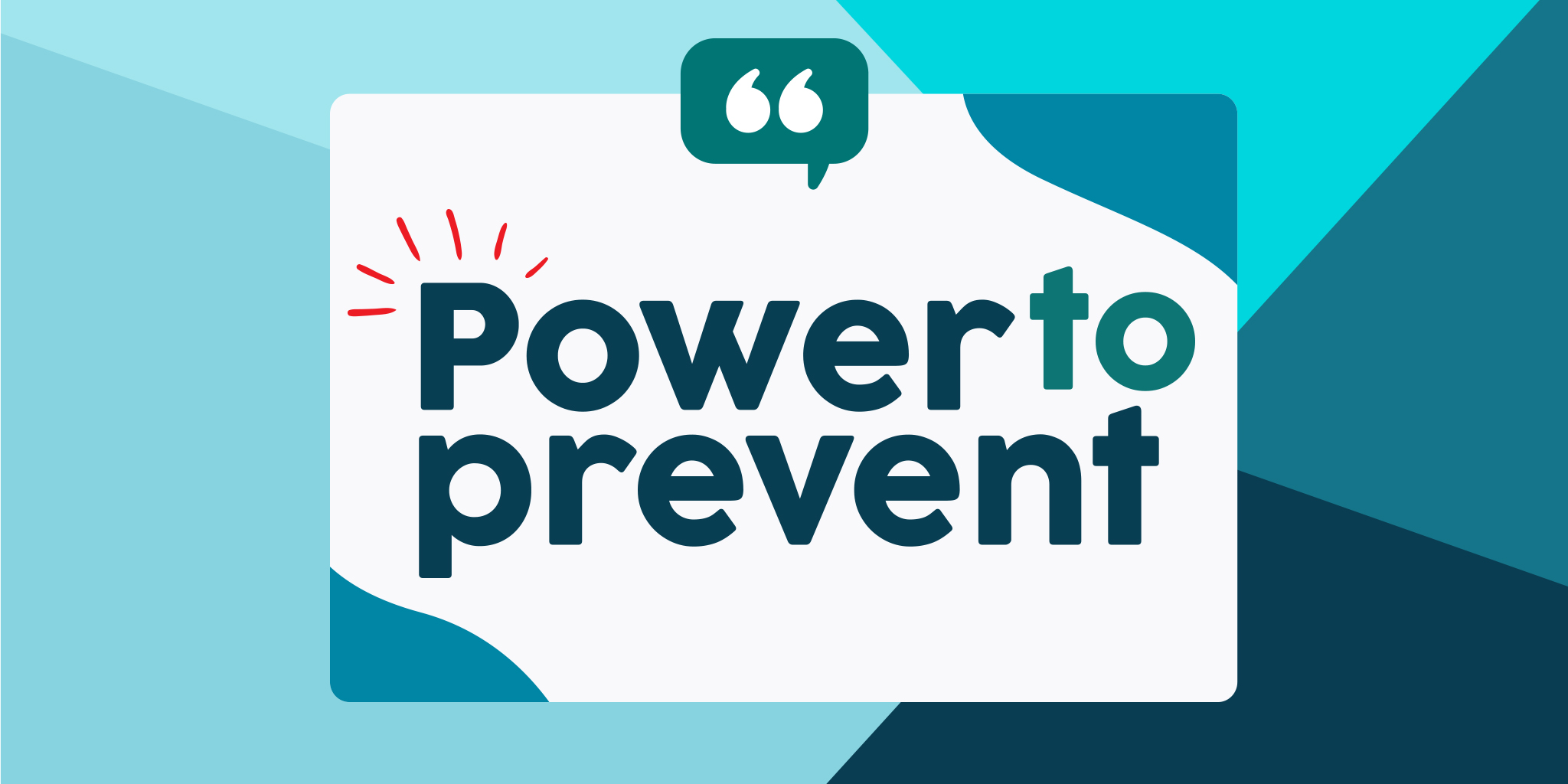April 2023
We all deserve to be safe at work and free from discrimination and sexual harassment. While sexual harassment is pervasive across all industries and all employment levels in Australia, it is not inevitable. The Australian Government has the power to prevent discrimination and sexual harassment by adopting an equal access costs model to ensure that people who are harmed can access justice and achieve fair outcomes.

A major barrier to justice for people who have experienced discrimination and sexual harassment is the risk of having to pay the legal costs of the perpetrator or the perpetrator’s employer should they lose. Equally, they must be able to recover their own legal costs if they win to ensure that they are not left out of pocket, and that legal representation is financially viable and accessible.
These risks stop people from pursuing their rights. This is especially true for diverse and disproportionately affected communities, for people who are low paid and in insecure work, and when people are up against an organisation with large resources such as many employers.
The rules for awarding costs in discrimination matters have a significant impact on access to justice as legal costs can be hundreds of thousands of dollars and many people do not bring claims for fear that they could have to pay the other side’s costs if they lose. This means people do not enforce their rights and claims are rarely aired in court. This allows discrimination and sexual harassment to flourish.
The Power to Prevent Coalition is a group of more than 60 diverse community organisations, unions, academics, peak bodies, health professionals, lawyers and victim-survivors. We see the effects of discrimination and sexual harassment on people every day. Our recommendations to improve the law are based on this direct experience.
This is why we are calling on the Australian Government to adopt an Equal Access costs model for all discrimination matters. This would allow people who experience discrimination and sexual harassment to recover their legal costs if successful. If unsuccessful, they would not be required to pay the other side’s costs, with some limited exceptions such as for vexatious litigation. This model is similar to costs protections already available in whistleblowing law. Adopting this model would mean that people do not face a lifetime of debt simply for enforcing their rights.
Equal Access means:
- People who experience the highest rates of discrimination and sexual harassment are supported to come forward without the risk of becoming bankrupt or having a huge debt simply for enforcing their rights.
- People who have experienced discrimination and sexual harassment can access legal representation.
- There will likely be more case law that sends the message that this behaviour is unacceptable, and will allow damages awards to better reflect community standards.
- We can ensure the new protections in the Sex Discrimination Act are upheld to better eliminate and prevent gender based discrimination.
We can prevent and eliminate sexual harassment and discrimination but to do this we must remove barriers to accessing justice and support people who experience discrimination and sexual harassment to take action.
It’s time for Australia to adopt Equal Access for discrimination claims.
List of Signatories (as at April 2023)
1. Accountability Matters Project
2. Associate Professor Alysia Blackham, University of Melbourne
3. Australian Centre for Disability Law
4. Australian Council of Trade Unions
5. Australian Education Union
6. Australian Lawyers Alliance
7. Australian Manufacturing Workers Union (AMWU)
8. Australian Nursing & Midwifery Federation
9. Australian Women Lawyers Ltd
10. Australian Workers Union
11. Carol Andrades, Senior Fellow, University of Melbourne
12. Caxton Legal Centre
13. Circle Green Community Legal
14. Community and Public Sector Union (PSU Group)
15. Community Legal Centres Australia
16. Community Legal Centres NSW
17. Domestic Violence NSW
18. Dr Belinda Smith, Associate Professor, Sydney Law School, University of Sydney
19. Dr Laura Hilly, Barrister, Victorian Bar
20. Dr Robin Banks, University of Tasmania and Director, Equality Building
21. Drummond Street Services
22. Electrical Trades Union of Australia
23. Emerita Professor, Margaret Thornton, Australian National University
24. Employment Rights Legal Service
25. Equality Rights Alliance
26. Fair Agenda
27. Finance Sector Union
28. Gender Equity Victoria
29. Grata Fund
30. Hall Payne Lawyers
31. Health Services Union
32. Independent Education Union of Australia
33. Inner City Legal Centre
34. Jen Hargrave, University of Melbourne
35. Justice Connect
36. Katherine Women’s Information & Legal Service
37. Kieran Pender, Honorary Lecturer, ANU College of Law)
38. Kingsford Legal Centre
39. Leah Marrone, Barrister, Flinders Chambers
40. Legal Aid NSW
41. Liam Elphick, Monash University
42. Mackay Regional Community Legal Centre
43. Maurice Blackburn Lawyers
44. Migrant Justice Institute
45. National Legal Aid
46. Northern Territory Legal Aid Commission
47. Professor Beth Gaze, Melbourne Law School, University of Melbourne
48. Professor Michelle Ryan, Australian National University and Director, Global Institute for Women's Leadership
49. Professor Nareen Young, Jumbunna Institute of Indigenous Education and Research
50. Professor Emerita, Sara Charlesworth, RMIT University
51. Public Interest Advocacy Centre
52. Redfern Legal Centre
Joint statement
53. Sexual Assault Services Victoria
54. Sexual Assault Support Service
55. Shop Distributive and Allied Employees’ Association (SDA)
56. South-East Monash Legal Service Inc.
57. Top End Women’s Legal Service
58. Unions NSW
59. Unions NT
60. Unions Tasmania
61. United Workers Union
62. Victoria Legal Aid
63. Victoria Trades Hall Council
64. Villamanta Disability Right Legal Service
65. Western NSW Community Legal Centre
66. WestJustice
67. Wirringa Baiya Aboriginal Women’s Legal Centre
68. Women Lawyers Association of NSW
69. Women with Disabilities Victoria
70. Women’s Health Victoria
71. Women’s Information and Referral Exchange Inc
72. Women’s Legal Centre ACT & Region
73. Women’s Legal Services Australia
74. Women’s Legal Service NSW
75. Women’s Legal Service Victoria
76. Working Women Queensland – Basic Rights Queensland
77. Working Women’s Centre South Australia Inc
78. Young Workers Centre
79. Youth Law Australia
